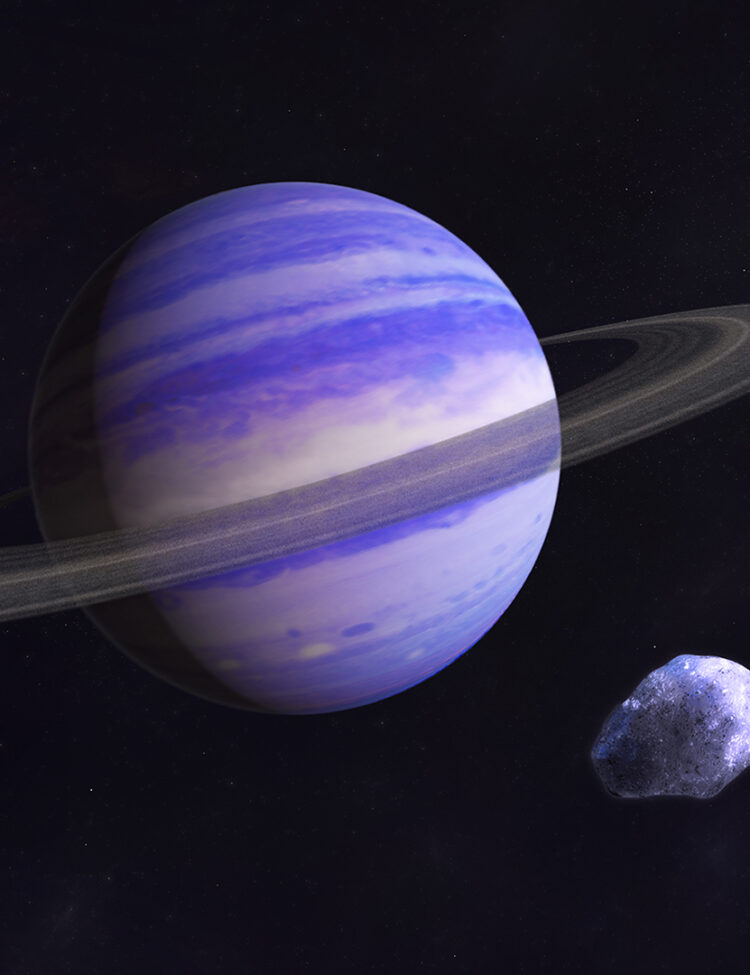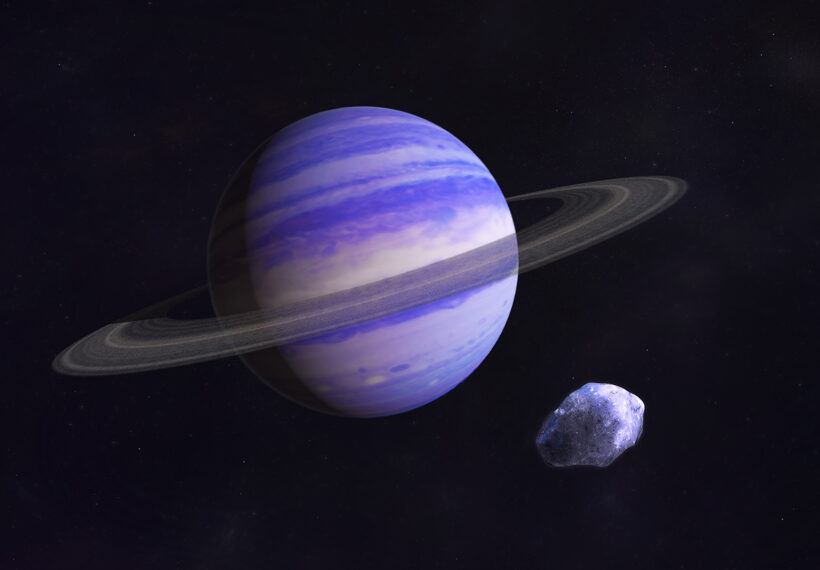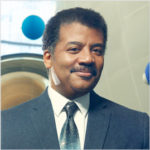About This Episode
Can there be life on planets without magnetic fields? Neil deGrasse Tyson and comedian Chuck Nice discuss exoplanets, extraterrestrials, and answer extraordinary questions from our fans with astrobiologist, David Grinspoon.
Can we entertain the idea of non-carbon-based life? We explore why carbon works so well for the basis of life and whether silicon-based life seems possible. What chemistry is different between the two elements? Learn about agnostic biosignatures and what the basic definition of life is. Is chemistry the same everywhere?
Why do we assume that any life we find will be more advanced than us? What would we do if we discovered life less technologically advanced than us? We discuss the SETI protocol and the likelihood that we would be able to communicate with aliens once we found them. Why are there supermassive black holes at the center of galaxies? How did they get there? Could there be life on a planet without a magnetic field?
How many Earth-like planets do we know about that reside in habitable orbits? We get into the JWST’s contributions to exoplanetary discovery and whether it would be possible to achieve a fully scientifically literate population like in The Orville. What aspects of planets are scientists looking for in the search for life? How close to a planet do we have to be to confirm these attributes? Was Venus once a habitable planet? We talk about runaway greenhouse effects and whether Earth could ever become what Venus is now. And finally our most important question: does weed still work in space?
Thanks to our Patrons el EC Podcast, neutronforce, Jim Crutcher, S Mokry, and Sly Sparkane for supporting us this week.
NOTE: StarTalk+ Patrons can watch or listen to this entire episode commercial-free.
About the prints that flank Neil in this video:
“Black Swan” & “White Swan” limited edition serigraph prints by Coast Salish artist Jane Kwatleematt Marston. For more information about this artist and her work, visit Inuit Gallery of Vancouver.




 Unlock with Patreon
Unlock with Patreon


 Become a Patron
Become a Patron